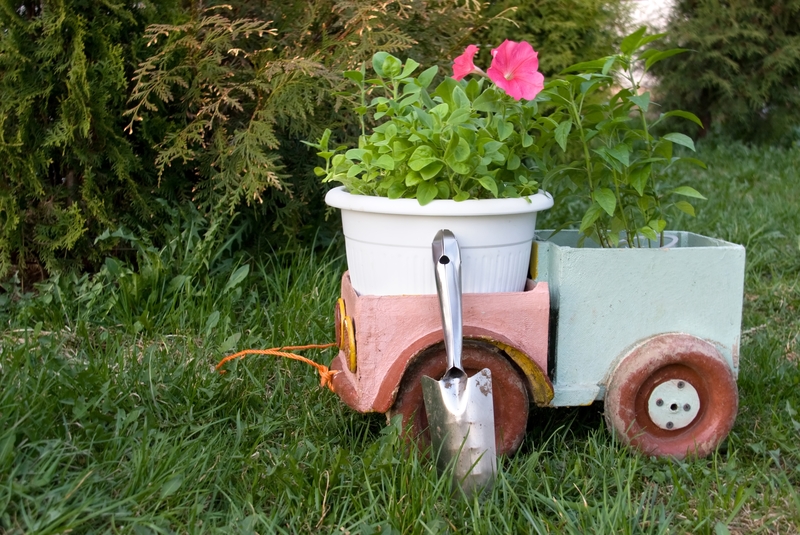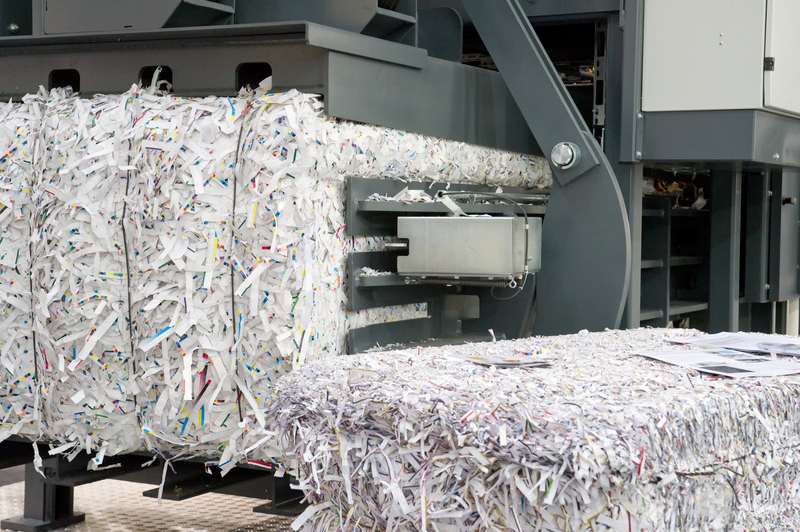Unlock Success with Skip Hire Dos and Don'ts
When it comes to managing waste efficiently, especially on construction sites or during home renovations, skip hire emerges as one of the most popular solutions. However, making the most of skip hire involves understanding what you should and shouldn't do. In this comprehensive article, we delve deep into the vital dos and don'ts of skip hire so that your next waste disposal task is not just easy and efficient, but also cost-effective and environmentally sound.
Why Skip Hire is Essential for Your Project's Success
Hiring a skip offers convenience, boosts productivity, and promotes responsible waste management. Whether you're a homeowner ramping up for a major clean-out or a contractor working on a construction project, skips save time, effort, and resources. Still, a lack of know-how can lead to compliance issues, unnecessary expenses, and even penalties. Thus, unlocking success with skip hire starts with proper preparation, careful execution, and adherence to best practices.
What Exactly is Skip Hire?
Simply put, skip hire refers to the process of renting large waste containers, commonly known as skips, to dispose of a range of materials. Sizes vary from small mini-skips to massive roll-on roll-offs, catering to diverse project needs--be it garden clearance, construction debris, or home renovations.

Top Skip Hire Dos: Ensure Seamless Waste Disposal
Applying the following best practices will elevate your skip hire experience:
1. Select the Right Skip Size
- Estimate your waste accurately. Choosing the correct skip size prevents underestimating and overpaying for multiple collections.
- Mini-skips (2-3 cubic yards): Ideal for small domestic projects or garden waste.
- Midi-skips (4-5 cubic yards): Perfect for bathroom or kitchen refits.
- Builder's Skips (6-8 cubic yards): Commonly used on construction sites.
- Large skips (10-16 cubic yards): Great for bulky and voluminous waste.
2. Understand What Materials Can Go in a Skip
- General household waste: Furniture, non-electrical fittings.
- Garden waste: Soil, branches, grass, and leaves.
- Construction and demolition waste: Bricks, rubble, metal, tiles.
- Non-hazardous commercial waste: Packaging, plastic, untreated wood.
Always check with your skip hire provider for a complete list of permissible materials to avoid surprises or added costs.
3. Obtain the Necessary Permits
If your skip is to be placed on a public road or pavement, you will likely need a skip permit from your local authority. Ignoring this legal requirement can lead to substantial fines.
- Apply in advance: Some permits take up to 5 days to process.
- Review regulations: Different councils have specific rules regarding skip placement, reflectors, and safety signage.
4. Maximise Skip Space
- Break down large items: Disassemble furniture and flatten boxes.
- Load strategically: Place flat objects at the bottom and fill gaps with smaller debris.
- Don't overload: Keep waste below the skip's rim to avoid refusal of collection.
5. Choose a Reliable Skip Hire Service
- Research reviews: Look for feedback on service reliability and punctuality.
- Check licenses: Ensure the company is registered and compliant with environmental laws.
- Ask about recycling: Reputable providers sort and recycle waste to minimise landfill contributions.
Key Skip Hire Don'ts: Avoid Costly Mistakes
Steering clear of these common errors ensures legal compliance and efficient rubbish removal:
1. Don't Dispose of Prohibited Items
- Hazardous chemicals: Paint, solvents, asbestos, and batteries.
- Electrical items: Fridges, TVs, computers, and microwaves.
- Tyres and gas cylinders: These require specialist disposal.
- Medical waste: Needles, bandages, and pharmaceuticals.
Important: Discarding these dangerous items in skips breaches regulations, risks public health, and attracts hefty fines.
2. Don't Overfill the Skip
- Overloaded skips are unsafe to transport.
- Skip companies may refuse collection or charge extra.
- Overflowing waste can attract pests and create local hazards.
3. Don't Place the Skip Without Proper Authority Approval
- Placing a skip on public roads without a permit is illegal.
- This can result in removal orders, storage fees, and fines.
4. Never Burn Waste in Your Skip
- Burning inside a skip damages the container.
- It emits fumes harmful to health and environment.
- This practice is strictly forbidden by skip hire companies.
5. Don't Ignore Local Recycling Rules
- Sorting your waste helps increase recycling rates.
- Unsorted skips may incur surcharges.
- Certain materials have dedicated recycling points, not skips.
Pro Tips: Unlocking the Full Potential of Skip Hire
Plan Ahead for Efficient Skip Placement
Strategic placement can reduce labor and improve access. Make sure your skip is located near the worksite but not blocking access for emergency vehicles or neighbors.
- Ensure flat, stable ground.
- Consider proximity to doors or driveways for quick loading.
- If on private property, check for low-hanging cables or trees.
Schedule Collections and Replacement Skips in Advance
Avoid project delays by booking your skip collection or exchange ahead of time, especially if your site generates waste continuously.
Brief Workers and Family Members
- Share a list of permitted and banned materials with everyone involved.
- Monitor the skip daily to prevent illegal fly-tipping by outsiders.
Be Eco-Friendly
Choose sustainable skip hire providers who maximise recycling and reduce landfill impact. Ask if they provide clear reporting on your waste's final destination--an increasingly common requirement in modern contracts.
Frequently Asked Questions About Skip Hire Success
How long can I keep a hired skip?
Most companies allow skip rentals for one to two weeks, with extensions possible upon request. Additional charges may apply if you exceed the agreed term.
Do I have to be present for delivery and collection?
Not always, but it's highly recommended. Being present ensures correct placement, compliance with regulations, and that the skip is only filled with acceptable materials.
What should I do if I realize the skip is too small?
Contact your provider immediately. Many offer skip exchange services or will advise on the best way to manage surplus waste without breaching safety laws.

Unlock Success by Following the Ultimate Skip Hire Checklist
Here's a simple, actionable checklist to ensure your skip hire experience is smooth and compliant:
- Estimate your waste and select an appropriate skip size.
- Contact a reputable, licensed skip hire provider.
- Review the provider's list of accepted and banned waste items.
- Apply for permits if placing the skip on public land.
- Plan your loading strategy to maximize space.
- Instruct helpers or workers on usage rules.
- Arrange prompt collection or replacement when full.
- Ensure compliance with environmental regulations at all times.
Conclusion: Skip Hire Dos and Don'ts Drive Your Project's Success
In today's construction, renovation, and clearing tasks, efficient skip hire is integral to success. By following these skip hire dos and don'ts, you can avoid costly mistakes, maintain legal compliance, and ensure your site remains safe and sustainable. The right approach to skip hire doesn't just save you money; it protects people and the environment while streamlining your workflow.
For your next project, refer back to this guide to unlock success with skip hire. Make informed decisions, work with reputable providers, and always put waste management best practices front and center. Your project--and the planet--will thank you for it!